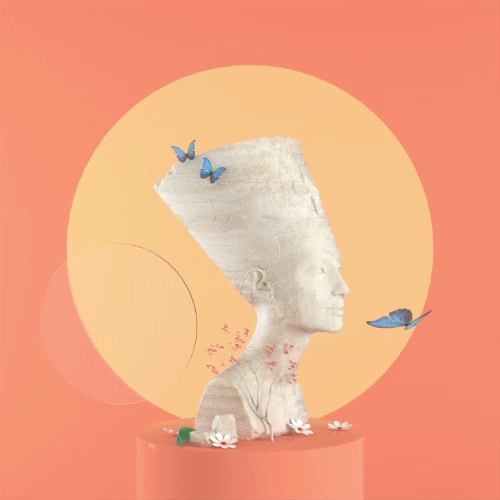27 October 2021
The sound of an accelerating heartbeat can instantly send chills down your spine. You know that sound means trouble. We are so accustomed to the way our hearts seem to continuously mirror how we feel that we can easily imagine different hearts racing, aching or skipping a beat.
But do the hearts of other animals actually follow the same rules when in danger? When it comes to our fellow vertebrates – frogs, cats, antelope – the answer has been long-known to be “yes”. But what about insects?
25 October 2021
Biological marker predicts COVID-19 prognosis
During the COVID-19 pandemic, it had quickly become apparent that disease severity is tightly correlated with age. Age, however, is not the only factor. There are multiple cases of older people who were spared and younger individuals who died. A team of international scientists, including Eduardo Moreno, of the Champalimaud Centre for the Unknown in Portugal, decided to investigate the reason for that.
23 September 2021
A Journey into the Future of Neuroscience with Cats, Dogs, Octopus, Ducks and Robots
The kids appeared on the screen one square at a time. In the beginning, almost all the squares were black, excluding the ones of the teachers, who welcomed each new arrival alternating between "good morning" and "bom dia". First meetings are always a bit awkward, especially over zoom, but then, as soon as Danbee Kim, a former doctoral student at Champalimaud Foundation and one of the creators of Neuronautas, asked everyone to turn their cameras on, the screen suddenly lit up with the faces of the 2021 Class.
08 September 2021
Flies in a VR world reveal how vision affects locomotion
Eugenia Chiappe, Principal Investigator of the Sensorimotor Integration Research Group at the Champalimaud Centre for the Unknown, Lisbon, Portugal is standing in her office. There is a door, maybe three metres away, and the floor is flat and clear. Eugenia, who intends to walk in a straight line to the door, takes a second to measure the distance and the terrain. She closes her eyes, walks four steps forward, and bumps into a chair to her right.
01 September 2021
Group from Neuronautas Academy wins Gulbenkian 25<25 Challenge
In October 2020, the Calouste Gulbenkian Foundation, in partnership with Ashoka Portugal, launched Young Transformers in Portugal: Gulbenkian 25<25 Challenge, an initiative aimed at supporting young people (<25 years old) from the Gulbenkian Knowledge Academies network in the development of ideas to solve problems in their communities to build a better future.
05 August 2021
Rolling back the years: cell competition in ageing
Time marches on, waits for no man, and even possesses the power of flight, or so the sayings go. Ageing is the natural and unavoidable result of this passage of time for living organisms. But over the years, we have been rallying against Father Time and increasing human life expectancy through better medical care, understanding of hygiene, diet and exercise. Add to this that the maximum age a person could be anticipated to reach is now around 121 years old (note that this is maximum life expectancy - few will reach this, but most of us will die trying!).
02 August 2021
Scientists develop a novel noninvasive MRI methodology that may allow unprecedented level of stroke lesion analysis
Sirens whining, an ambulance brings a 65-year-old woman on a stretcher to a hospital ER. She is conscious, but her mouth is drooping to one side, and she is confused and speaking unintelligibly. These telltale symptoms have allowed a preliminary diagnosis on the way to the hospital: acute ischemic stroke; a blood clot has blocked proper blood flow inside her brain.
01 July 2021
If you think you’re not even a tiny bit racist... think again
People are not born racist. But as children grow up, their brains, which are association-generating machines, detect and unconsciously learn, through social interactions, to associate different groups of people to different attributes, which can be positive, neutral – or negative. And when these attributes concern ethnic minorities, negative associations give rise to racial stereotypes and racism.

